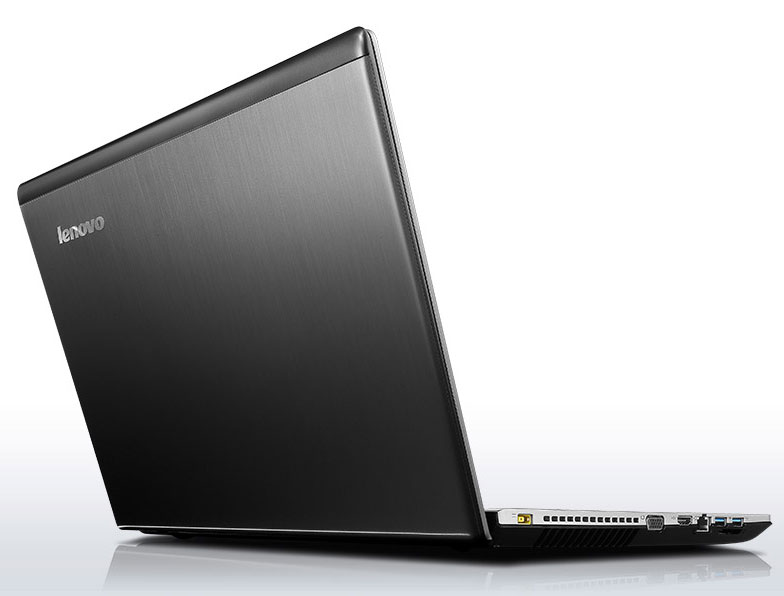
In January, hardware manufacturer Lenovo admitted that a software known as Superfish came pre-installed on some of the company's consumer notebooks, such as the otherwise excellent Y50. Great hardware, but this software? Not good. Not good at all. Superfish is a kind of adware that Lenovo claimed would "help customers potentially discover interesting products while shopping." Alternatively: it's advertising software that can potentially make your notebook vulnerable to all kinds of nastiness.
Superfish reportedly acts as a "man-in-the-middle," making itself an unrestricted root certificate authority. What does that mean? It's able to create its own SSL certificates in order to perform its advertising tasks even on secure connections. This means that users' private browsing data was potentially vulnerable even on https:// connections with that handy little lock. If you're using a Lenovo laptop, your web browsing's probably not as secure as you assumed.
Security experts were quickly and easily able to identify ways hackers could take advantage of this vulnerability. The Superfish bug essentially breaks fundamental web security protocols by routing all encryption through a single gate—the password-protected certificate authority owned by Superfish, which it turns out was trivial to extract.
If you have a Lenovo system, you should check to see if you're affected by Superfish. There's an easy solution: Security researcher Filippo Valsorda has created a quick test to see if you're vulnerable, which includes a link to removal instructions if you are indeed at risk. It should only take about five minutes, and the instructions are easy to follow.
The biggest gaming news, reviews and hardware deals
Keep up to date with the most important stories and the best deals, as picked by the PC Gamer team.
As the former head of PC Gamer's hardware coverage, Bo was in charge of helping readers better understand and use PC hardware. He also headed up the buying guides, picking the best peripherals and components to spend your hard-earned money on. He can usually be found playing Overwatch, Apex Legends, or more likely, with his cats. He is now IGN's resident tech editor and PC hardware expert.


